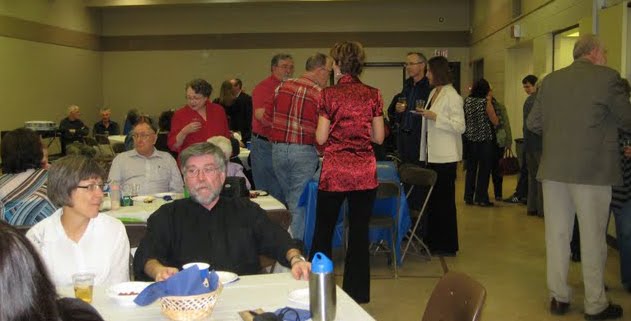 In the spirit of “hair of the dog” I offer the following recollection of a pub crawl with Karl Marx. This night out took place in London during the 1850s, where Karl Marx lived after the defeated continental revolution of 1848. Beer was a favorite among Germans– and refugees of 1848 had brought that love with them into exile around the world.
In the spirit of “hair of the dog” I offer the following recollection of a pub crawl with Karl Marx. This night out took place in London during the 1850s, where Karl Marx lived after the defeated continental revolution of 1848. Beer was a favorite among Germans– and refugees of 1848 had brought that love with them into exile around the world. One evening, Edgar Bauer, acquainted with Marx from their Berlin time and then not yet his personal enemy […], had come to town from his hermitage in Highgate for the purpose of “making a beer trip.” The problem was to “take something” in every saloon between Oxford Street and Hampstead Road – making the something a very difficult task, even by confining yourself to a minimum, considering the enormous number of saloons in that part of the city. But we went to work undaunted and managed to reach the end of Tottenham Court Road without accident.
There loud singing issued from a public house; we entered and learned that a club of Odd Fellows were celebrating a festival. We met some of the men belonging to the “party,” and they at once invited us “foreigners” with truly English hospitality to go with them into one of the rooms. We followed them in the best of spirits, and the conversation naturally turned to politics – we had been easily recognised as Germany fugitives; and the Englishmen, good old-fashioned people, who wanted to amuse us a little, considered it their duty to revile thoroughly the German princes and the Russian nobles. By “Russian” they meant Prussian nobles. Russia and Prussia are frequently confounded in England, and not alone of account of their similarity of name. For a while, everything went smoothly. We had to drink many healths and to bring out and listen to many a toast.
Then the unexpected suddenly happened…






























